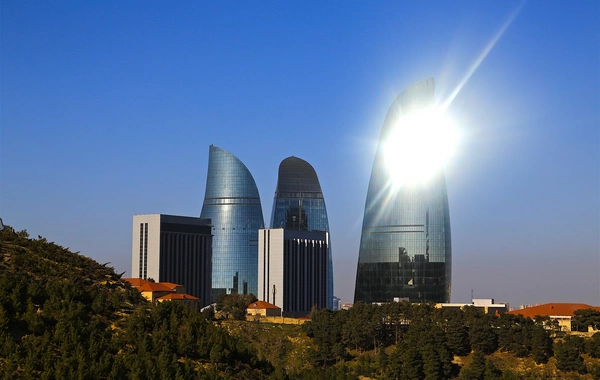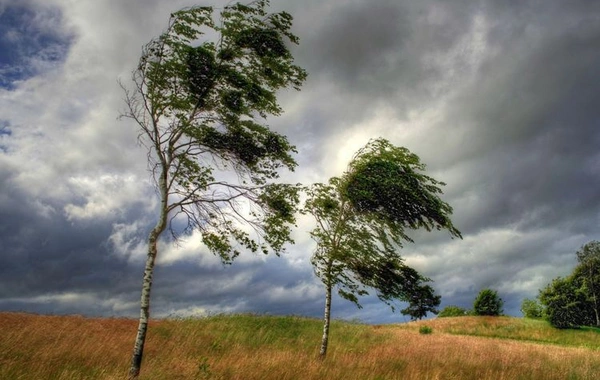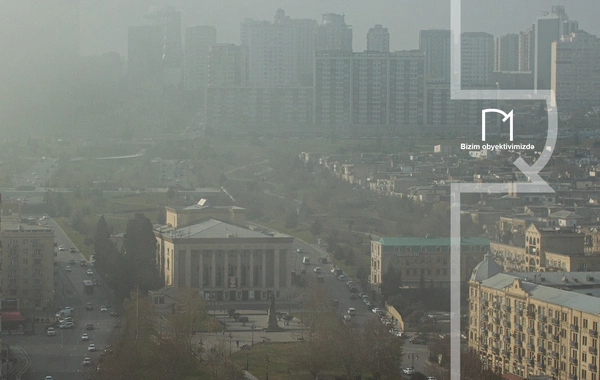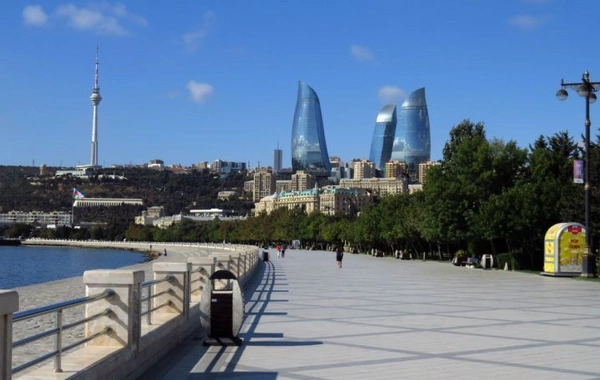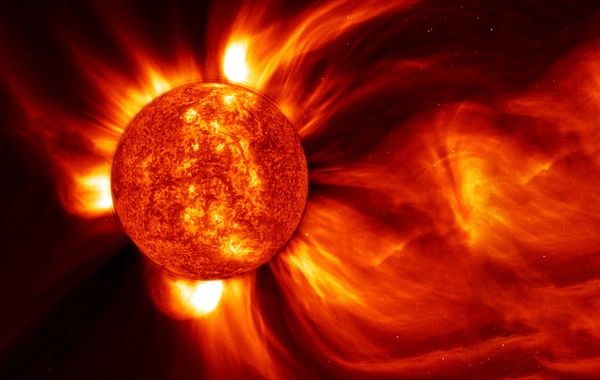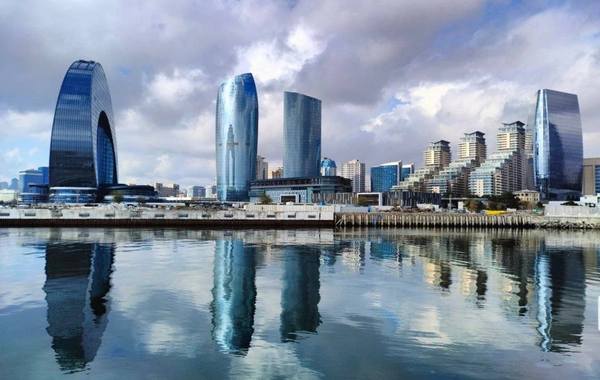Weather in Baku, Azerbaijan
Weather in Baku, Azerbaijan
The weather forecast for Azerbaijan is of great interest to both residents and tourists planning trips to this region with its unique climate. Located at the crossroads of subtropical and temperate zones, Azerbaijan boasts diverse weather conditions, from the hot Caspian Sea coast to the cool mountainous regions of the Caucasus. This article explores Azerbaijan’s climate, the weather forecast for 2025, and key trends influencing the country’s weather.
Climate of Azerbaijan
Azerbaijan is renowned for its climatic diversity, hosting nine of the world’s eleven climate zones. On the plains, including Baku and the Absheron Peninsula, a subtropical climate prevails with hot summers and mild winters. In the mountainous regions of the Greater and Lesser Caucasus, the climate is temperate or cold, with heavy snowfall in winter. The Talysh Mountains feature a humid subtropical climate, while the Kura-Aras Lowland is arid. This variety is driven by the country’s geographic location, proximity to the Caspian Sea, and complex terrain.
The average annual temperature in Baku is around +14…+15°C, with summer highs reaching +35°C and winter lows near 0°C. In mountainous areas, temperatures can drop to -20°C in winter, while rarely exceeding +25°C in summer. Precipitation varies widely: the Absheron Peninsula receives minimal rainfall (200–300 mm annually), whereas Lankaran can see up to 1700 mm.
Weather Forecast for 2025
Winter (December 2024 – February 2025)
Winter 2025 in Azerbaijan is expected to be mild along the Caspian Sea coast. In Baku, temperatures will range from +2°C to +10°C, with occasional rain. In mountainous areas like Guba and Sheki, snowfalls are forecast with temperatures from -10°C to 0°C. January may bring brief cold snaps due to northern winds.
Spring (March – May 2025)
Spring in Azerbaijan will be warm and variable. In Baku, temperatures will rise from +10°C in March to +20…+25°C in May. Moderate precipitation is expected, particularly in April, with frequent rains in Lankaran. In mountainous regions, spring will arrive later, with snow melting in April and temperatures reaching +15°C by May.
Summer (June – August 2025)
Summer 2025 in Baku and the Absheron Peninsula will be hot, with temperatures of +30…+35°C and high humidity, making the weather feel stifling. Rainfall is unlikely. In mountainous areas like Gabala, temperatures will range from +20…+28°C, with occasional thunderstorms. On Absheron beaches, Caspian Sea water temperatures will reach +24…+26°C.
Autumn (September – November 2025)
Autumn will start with comfortable temperatures of +25…+30°C in September in Baku, gradually dropping to +10…+15°C by November. Precipitation will increase, especially in October, with short-term rains. In mountainous areas, temperatures will fall to +5…+10°C, while Lankaran will see prolonged rains. September 2025 in Baku is expected to be mostly dry, with southeastern winds.
Trends and Influencing Factors
In 2025, Azerbaijan’s weather will be shaped by global climate change, including rising average temperatures and an increase in extreme weather events. Seismic activity in the Caspian Sea, predicted for the first half of the year, may lead to brief storms. Advanced meteorological technologies, such as supercomputers and satellite data, enable accurate forecasts, aiding farmers, tourists, and authorities in adapting to changes.
The popularity of weather apps is growing, with Azerbaijanis actively using them for trip planning and agricultural activities. In 2025, interest in weather-related environmental initiatives, such as flood protection projects in the Talysh Mountains, is expected to intensify.
Conclusion
The weather forecast for Azerbaijan in 2025 promises diverse conditions, from hot summers in Baku to snowy winters in the mountains. Understanding the climate and seasonal changes helps residents and tourists plan their activities. Amid global climate change, accurate forecasts are increasingly vital, making meteorology a key tool for safety and comfort.





